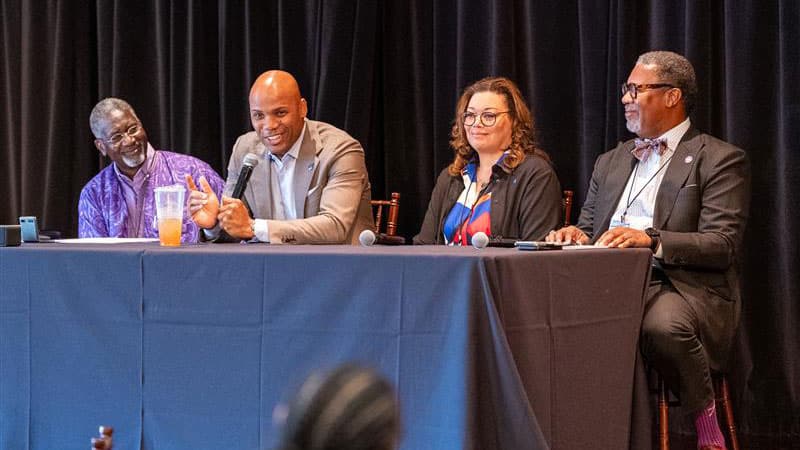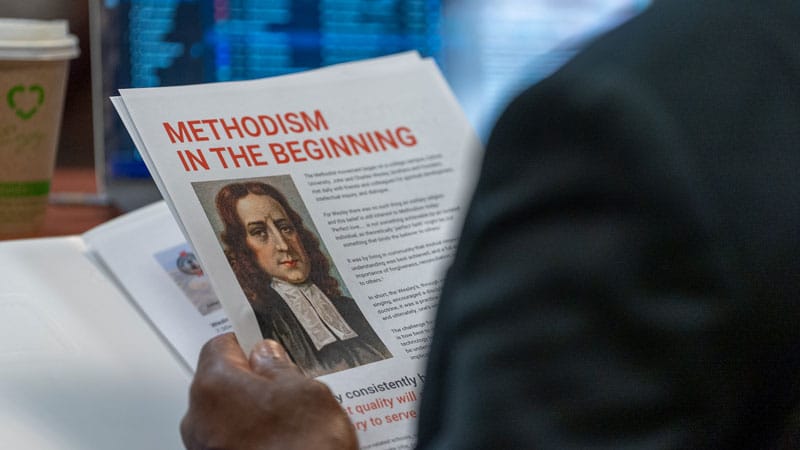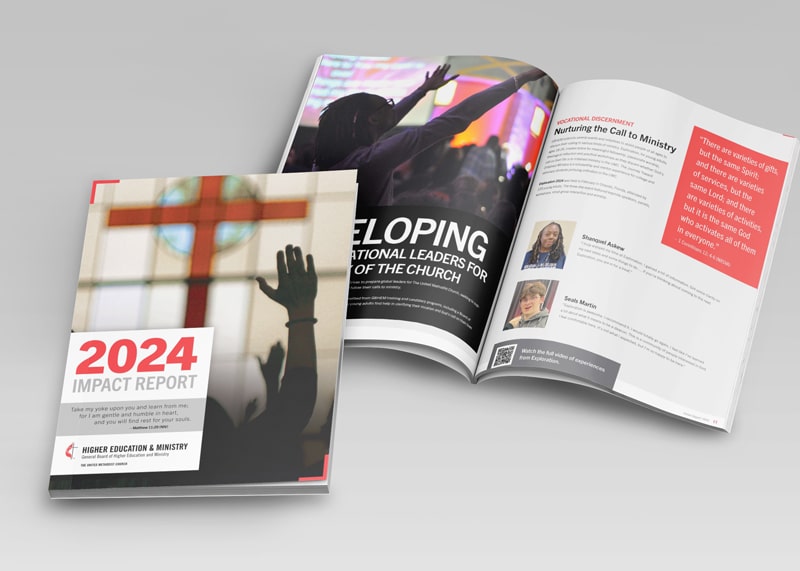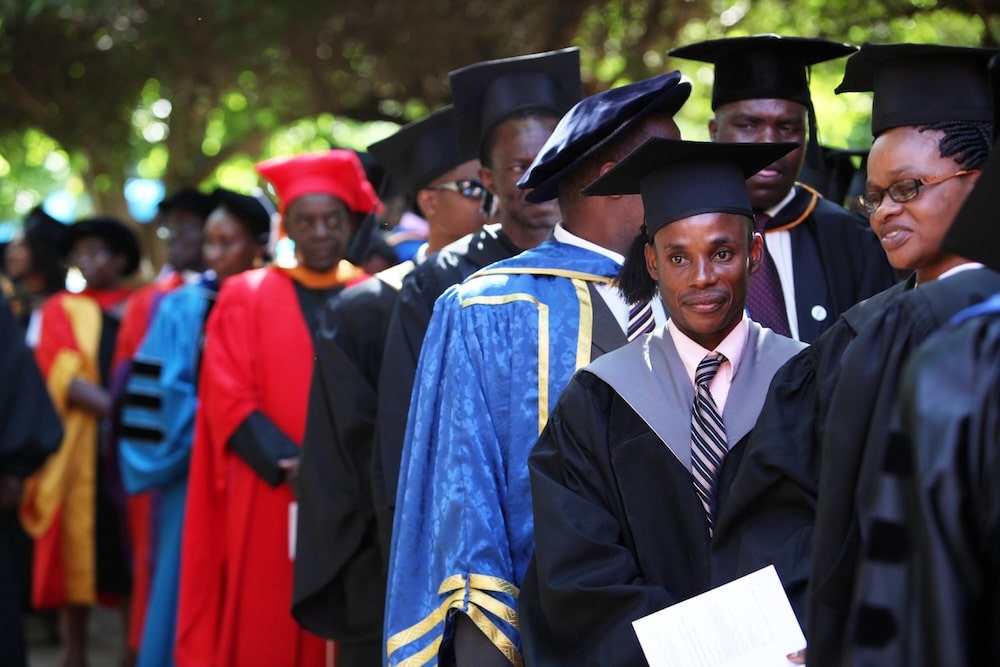University Senate Announces Accrediting Organizations
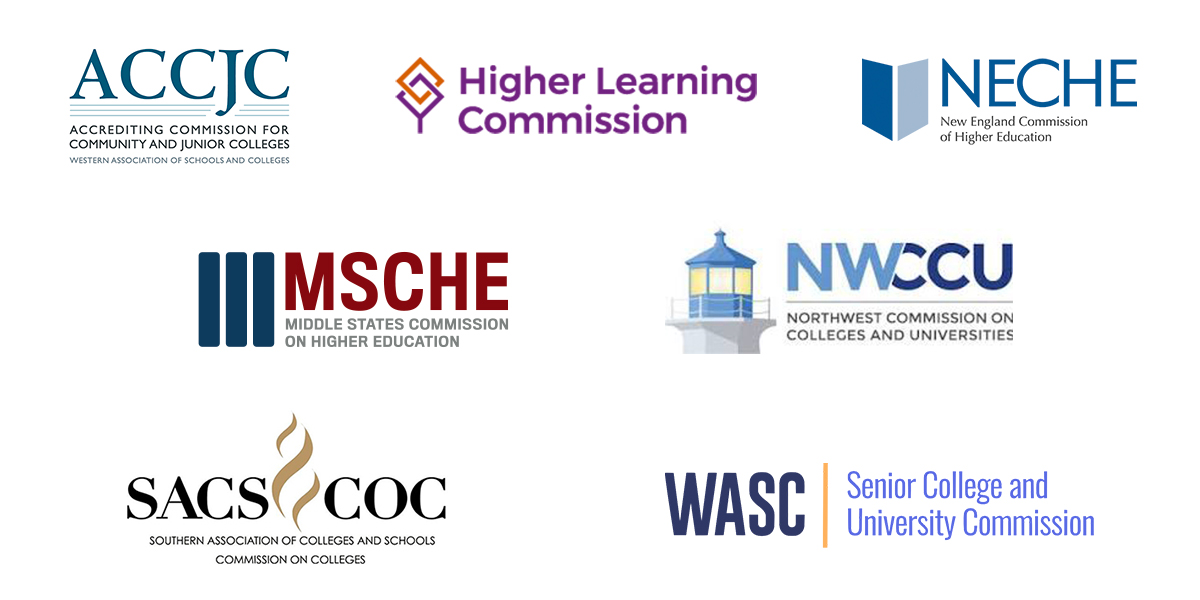
The University Senate gathered in Atlanta, Georgia on Wednesday, June 28, 2023, to conduct regular business at its summer meeting. During the meeting, the Senate voted to clarify which accrediting organizations satisfy the accreditation standards articulated in the Book of Discipline of The United Methodist Church 2016 and the University Senate’s Organization, Policies, and Guidelines 2017-20201 for its 107 Senate-listed schools, colleges, and universities. The vote to affirm the list of accreditors below will assure students that United Methodist educational institutions remain some of the finest in the world.
Effective June 29, 2023, United Methodist-affiliated colleges and universities may choose from among a variety of accrediting organizations to ensure compliance with the institutional accreditation expectations described in the Book of Discipline of the United Methodist Church and the University Senate’s Organization, Policies, and Guidelines. The accrediting organization chosen by the college or university must meet the expectation of the University Senate’s governing policies while also fully satisfying the requirements of the U.S. Department of Education, the Council for Higher Education Accreditation, and the various state agencies to which the college or university reports.
Rock Jones, president of the University Senate and Jay Simmons, chair of the Commission on Institutional Review, released a statement about the adopted policy clarification. You can read the full letter here.
At this time, the accrediting organizations (listed below) are recognized by the University Senate, the U.S. Department of Education, and the Council for Higher Education Accreditation for the accreditation of colleges and universities. Primary and secondary schools may be accredited by an institutional accreditor such as the Middle States Commission on Secondary Schools or another similar entity.
Recognized Accrediting Organizations2:
- Accrediting Commission for Community and Junior Colleges (ACCJC) Western Association of Schools and Colleges
- Higher Learning Commission (HLC)
- Middle States Commission on Higher Education (MSCHE)
- New England Commission of Higher Education (NECHE)
- Northwest Commission on Colleges and Universities (NWCCU)
- Southern Association of Colleges and Schools Commission on Colleges (SACSCOC)
- WASC Senior College and University Commission (WSCUC)
Acknowledging that institutions may fall out of compliance with their accreditors, institutions in such circumstances are granted three years to return to full compliance with the standards of their existing accreditor or with another accrediting organization recognized by the University Senate. Institutions demonstrating to the University Senate a good faith effort to regain accreditation from one of these accrediting organizations may be granted up to two one-year extensions of this three-year deadline.
Any institution not regaining accreditation and good standing with an agency on this list within five years will be removed from the list of United Methodist-affiliated colleges and universities. The University Senate does not recognize accreditation by organizations whose theological position contradicts that of The United Methodist Church or whose status is pending review by the U.S. Department of Education. Additionally, no accreditation organization will be recognized by The University Senate whose member institution credits are not generally accepted as transfer credits by other United Methodist Church affiliated institutions. The University Senate is willing to provide consultation to those colleges and universities seeking approval from one of the approved accrediting organizations.
Please note: United Methodist-affiliated seminaries must also receive accreditation from The Association of Theological Schools (ATS), per existing University Senate governing documents.
John Wesley’s concern for education remains a commitment of The United Methodist Church. For more than a century, the University Senate has worked to support and advocate for the 107 United Methodist schools, colleges and universities in the United States and Puerto Rico to provide reassurance to students that the quality of education remains at the highest level. The University Senate’s peer review process helped give shape to the current accreditation system in United States higher education. Thus, the University Senate is committed to assessing United Methodist-affiliated educational institutions that desire to remain connected to one another and the United Methodist denomination. A student who enrolls in a United Methodist institution should be guaranteed a level of quality and assurance that the degree they earn will be accepted at any graduate school in the world. This has been the hallmark of a United Methodist education. The University Senate will continue to think carefully and compassionately about United Methodist standards and is grateful for each school, college, and university that continues to strive for excellence.
1 Our governing documents contain several references to accreditation. For example, ¶ 1416. Institutional Affiliation, of The Book of Discipline of The United Methodist Church 2016, states “To qualify for affiliation with The United Methodist Church, institutions must maintain appropriate academic accreditation” (see also University Senate’s Organization, Policies, and Guidelines 2017-2020, p. 11). Under “Categories of Affiliation for Schools, Colleges, and Universities,” the University Senate’s Organization, Policies, and Guidelines stipulates, “Accreditation by a regional accrediting body is required for Senate listing” (p. 19). Similarly, in the section of the Organization, Policies, and Guidelines entitled, “Categories of Affiliation for Schools of Theology and Theological Seminaries,” our governing policy mandates, “Accreditation by a regional accrediting body and the Association of Theological Schools (ATS) is required for Senate listing” (p. 20). In this same document, the section detailing “Procedures and Guidelines for Review of Institutions” directs, “In all reviews by the University Senate for the purpose of formal listing as a United Methodist-related institution, prior institutional membership and accreditation by a regional accrediting agency is required” (p. 20). Finally, Organization, Policies, and Guidelines “Evaluation Criteria” articulates that “Accreditation by a regional accrediting body is a requirement for listing by the University Senate, and the most recent accreditation agency report and the institutional response shall be carefully reviewed to identify special issues and concerns” (pp. 32-33).
2 These accreditors have been historically known as “regional” accreditors until the U.S. Department of Education changed the terminology in February 2020.
Related Posts
DETROIT — Leaders from United Methodist-related institutions, including seminaries and Historically Black Colleges and Universities called for justice, historical reckoning, and a renewed commitment to equity in higher education and society during a Juneteenth panel discussion.
In a joint meeting with the North American Association of Methodist Schools, Colleges and Universities (NAAMSCU) on June 19, the University Senate of The United Methodist Church reaffirmed and deepened its connection with UM-related educational institutions focusing on their United Methodist identity, academic excellence and social justice in higher education.
The General Board of Higher Education and Ministry 2024 Impact Report offers a detailed look at a year shaped by transition, renewed alignment and a deepened commitment to developing transformational leaders for the church and the world.
